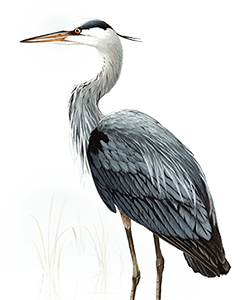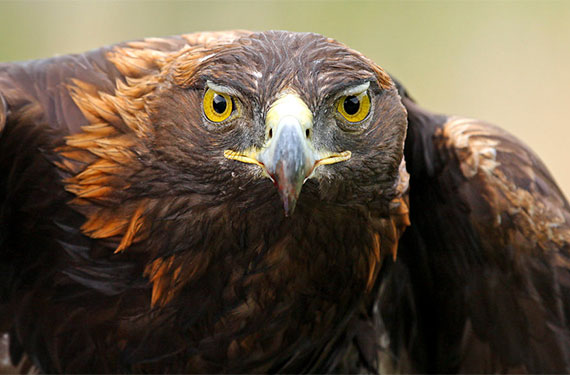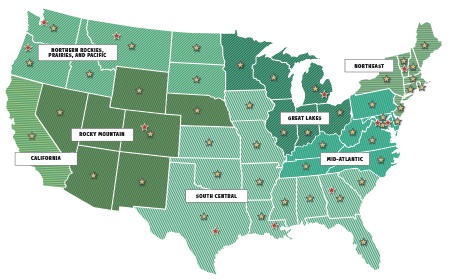For generations, Indigenous communities have wisely stewarded the natural resources of North America through their knowledge, culture, and practice. NWF recognizes that achieving the conservation and climate goals of the 21st century requires better understanding and recognition of this stewardship, reaffirmation of Tribal rights for resource conservation, and ensuring sufficient resources and capacity for policy advancements and on-the-ground-efforts.
“NWF will listen to and follow the guidance of Indigenous leaders to forge authentic relationships and partnerships across the country that advance Indigenous policy priorities, help achieve greater place-based conservation, and help rectify environmental injustices.”
Three Core Priorities
Food Sovereignty
Indigenous food and ecological knowledge systems based on cultural responsibilities and relationships with the environment that assert self-determination and success with foods and practices.
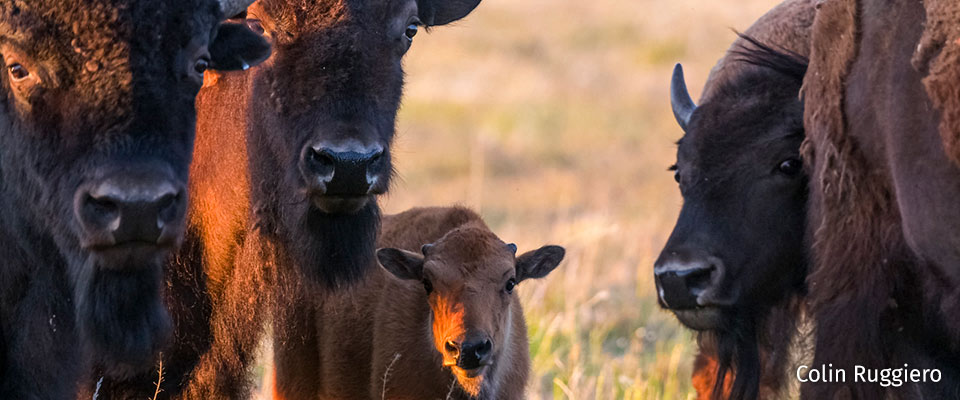
Water Protection
Water is life and a human right, and so is access to clean water for Tribal communities and the surrounding wildlife and land. Water must be accessible to not only support human requirements, but also to meet historical, cultural, ecological, and rights-based needs.
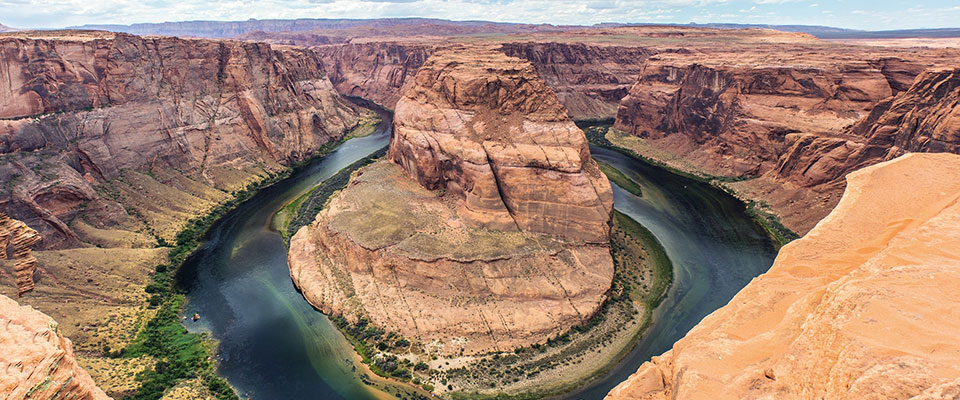
Intergenerational Knowledge Transfer
“Indigenous people have the right to revitalize, use, develop and transmit to future generation their histories, languages, oral traditions, philosophies, writing systems and literatures, and to designate and retain their own names for communities, places and persons.” – Article 13 of United Nations Declaration on the Rights of Indigenous Peoples (UNDRIP)
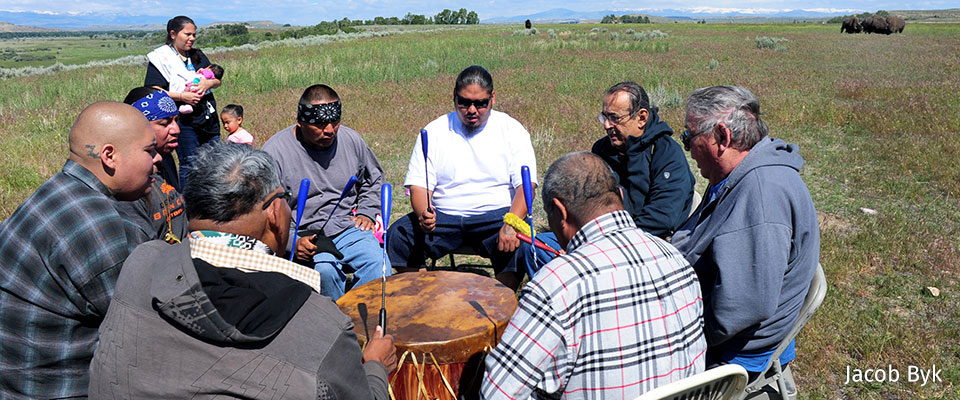
Free, Prior and Informed Consent
White-led environmental organizations have historically contributed to racism and erasure of marginalized communities throughout the United States. To be authentic partners means that we follow the principles of free, prior, and informed consent (FPIC) as recognized in the United Nations Declaration on the Rights of Indigenous Peoples, and use our power to uplift Indigenous voices and leaders paving the way for future conservation initiatives. These policies respect Tribal Sovereignty and Self-Determination and enable staff to appropriately and intentionally engage with Tribes, Indigenous-led NGOs, and community members.
Free
The consent is free, given voluntarily and without coercion, intimidation or manipulation. A process that is self-directed by the community from whom consent is being sought, unencumbered by coercion, expectations or timelines that are externally imposed.
Prior
The consent is sought sufficiently in advance of any authorization or commencement of activities.
Informed
The engagement and type of information that should be provided prior to seeking consent and also as part of the ongoing consent process.
Consent
A collective decision made by the right holders and reached through a customary decision-making process of the communities.
Contact Us
The National Wildlife Federation is dedicated to implementing its Tribal and Indigenous Partnerships Enhancement Strategy in a manner that honors the decision-making authority of Indigenous partners. For more information, contact TIPES@nwf.org or connect with the Tribal Partnerships team below.
Garrit Voggesser | Senior Director of Tribal Partnerships
VoggesserG@nwf.org
Daisy Purdy | Vice President
PurdyD@nwf.org
Special thanks to the Indigenous knowledge holders whose subject matter expertise lead the co-creation of TIPES.




